
Creating an inclusive city
For a growing number of real estate professionals, ‘better’ cities, delivering a quality of life for all, are about creating ‘inclusive’ cities – where citizens feel part of their city’s story and evolution, regardless of their wealth, age, sex, ethnicity, culture and mobility.
“So often we reduce cities to assets or to physical components, yet cities only work when you think about the people,” says Alex Notay, Build to Rent Fund Director at UK-based PfP Capital, and an internationally recognised expert in Build to Rent, placemaking and sustainable urban development.
A further 2.5 billion people are expected to live in our cities by 2050, estimates the United Nations. For many in the world, a move to the city represents a way out of poverty. The danger, says the World Bank, is that “poverty is rapidly urbanizing”.
To create an inclusive city, the World Bank has identified three essential types of factors:
- Social – equal rights and participation for all.
- Spatial – affordable necessities, such as housing, water and sanitation.
- Economic – access to jobs and the opportunity for residents to enjoy the benefits of economic growth.
“A city has to offer a balance of all three factors, social, spatial and economic, to be inclusive; put more weight on one factor rather than another, and then it’s like a wobble board and you lose balance,” says Alex Notay.
The development process needs to take a holistic approach, says Alex Notay, and to curate the right mix of use: public areas, parks, workspaces, housing, retail, all easily accessible and affordable, including for local, independent businesses.
It’s also about achieving the right balance between old and new, regeneration and gentrification. She explains: “Gentrification is in the eye of the beholder. What is wonderful for one person may not be for the person who has lived in the area for 50 years. The challenge is to balance historic preservation with re-invention for a successful future.”
So much of the creation of an inclusive city is about changing the way the real estate and urban professionals think. Alex Notay continues: “Even if it is about the developer looking to make 20% of his or her housing wheelchair-accessible, that makes a difference. This is all doable upfront but usually prohibitively expensive to retrofit.”
As innovative technologies unfurl, talk is also about smart cities, in particular with the launch of Sidewalk Labs, the urban innovation arm of Alphabet Inc. Together with Waterfront Toronto, Sidewalk Labs is creating a new kind of mixed-use community on Toronto’s Eastern Waterfront, called Sidewalk Toronto. Alex Notay comments. “We have to future-proof changes in technology by grounding in people-first principles.”
As Jane Jacobs, the ground-breaking 20th century urbanist and activist, wrote: “Cities have the capability of providing for everybody, only because, and only when, they are created by everybody.”
Inclusive cities create value in the long term for all, including for the real estate industry.
https://www.mipim.com/en/Sessions/69836/INCLUSION-FORUM-INCLUSIVE-CITIES
About MIPIM
MIPIM, the premier real estate event, gathers the most influential players from all sectors of the international property industry for four days of networking, learning and transaction through premium events, conferences and dedicated exhibition zones.
Be part of the real estate industry’s most proven business platform to promote your business and showcase your projects to 26, 000 active professionals from 100 countries, identify profitable ventures, and source capital in 4 intensive days.
MIPIM key figures:
o 21,500+ m² of exhibition
o 26,000 Unique participants
o 5,400 Investors
o 100 Countries
MIPIM 2018, 12-15 March 2019
Palais des Festivals, Cannes, France


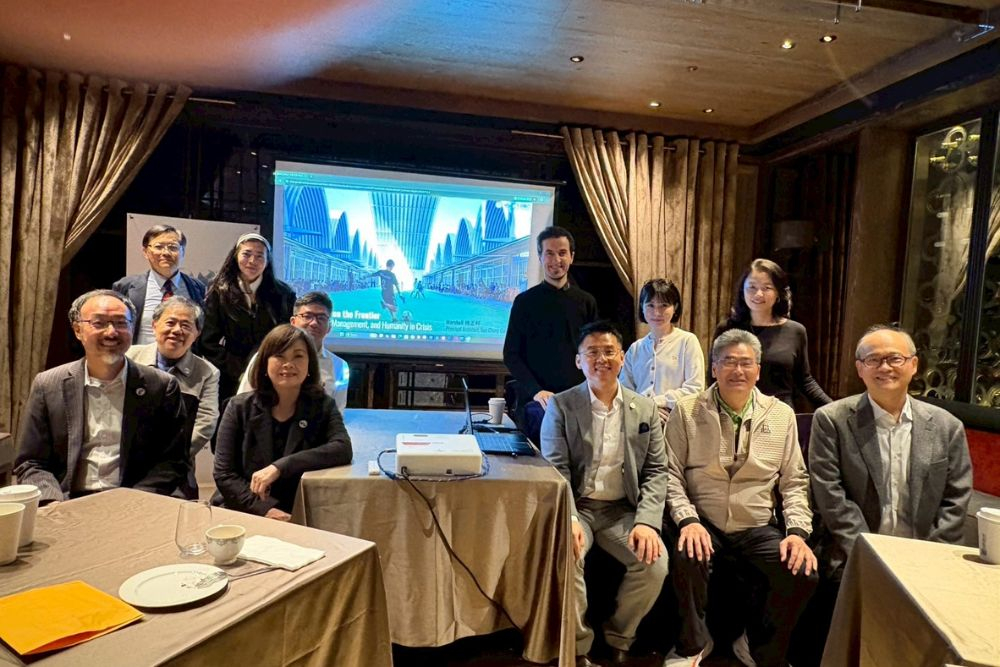
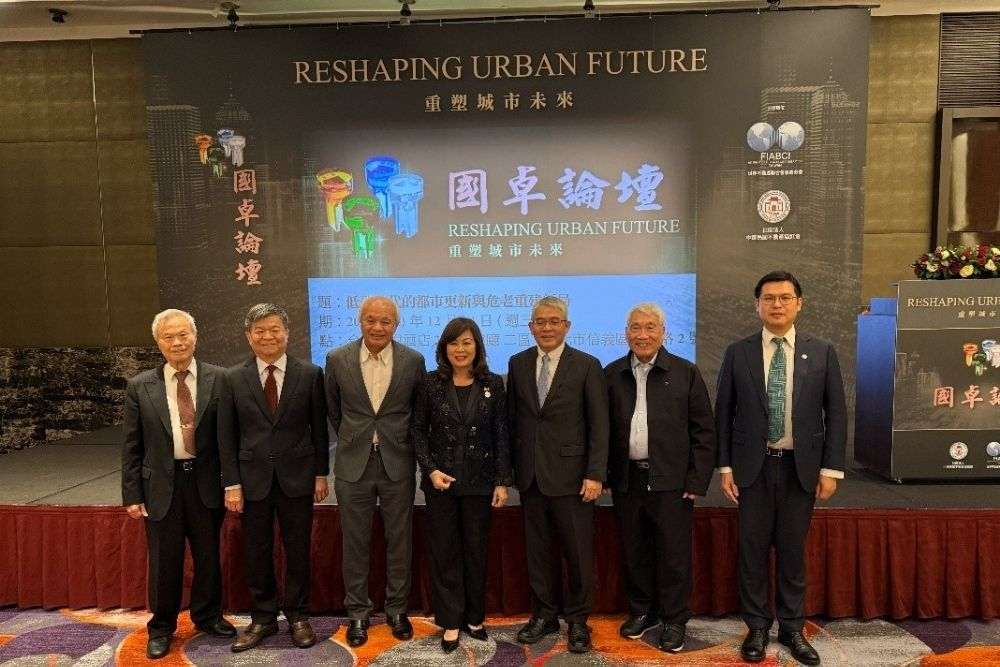
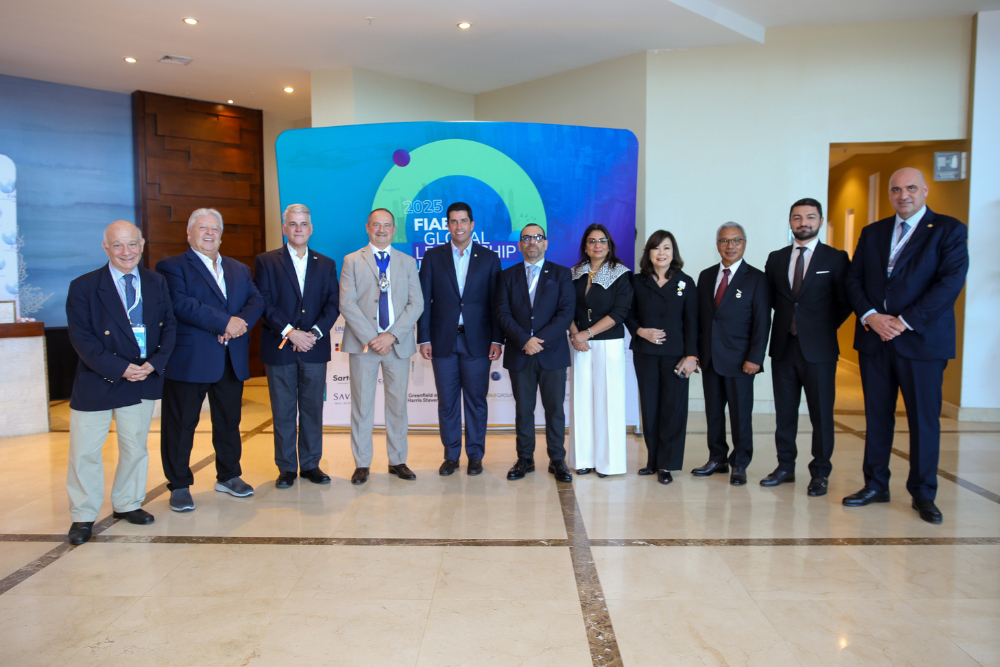
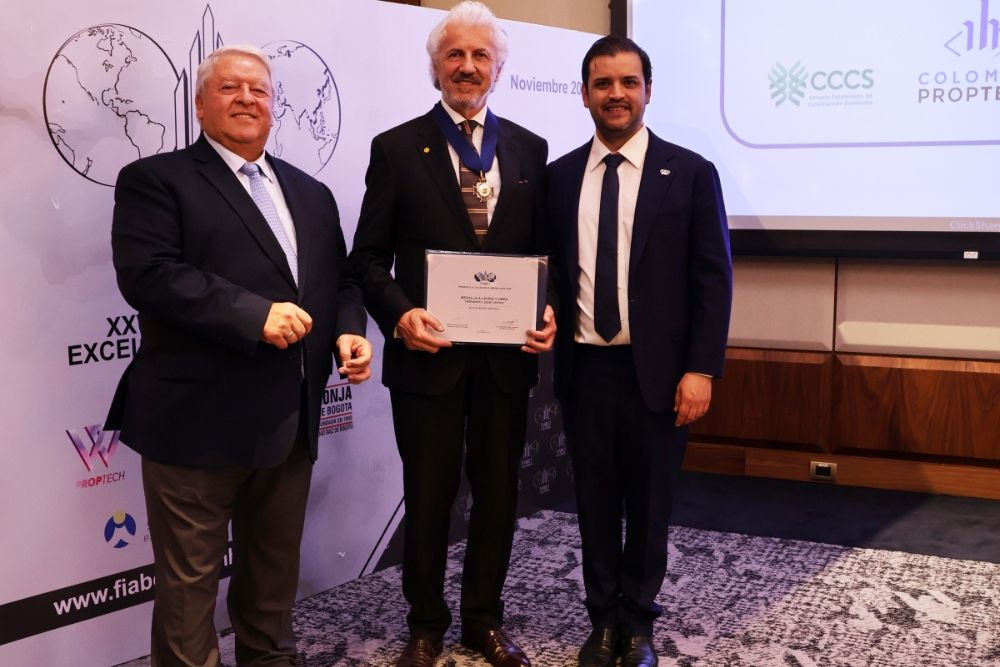
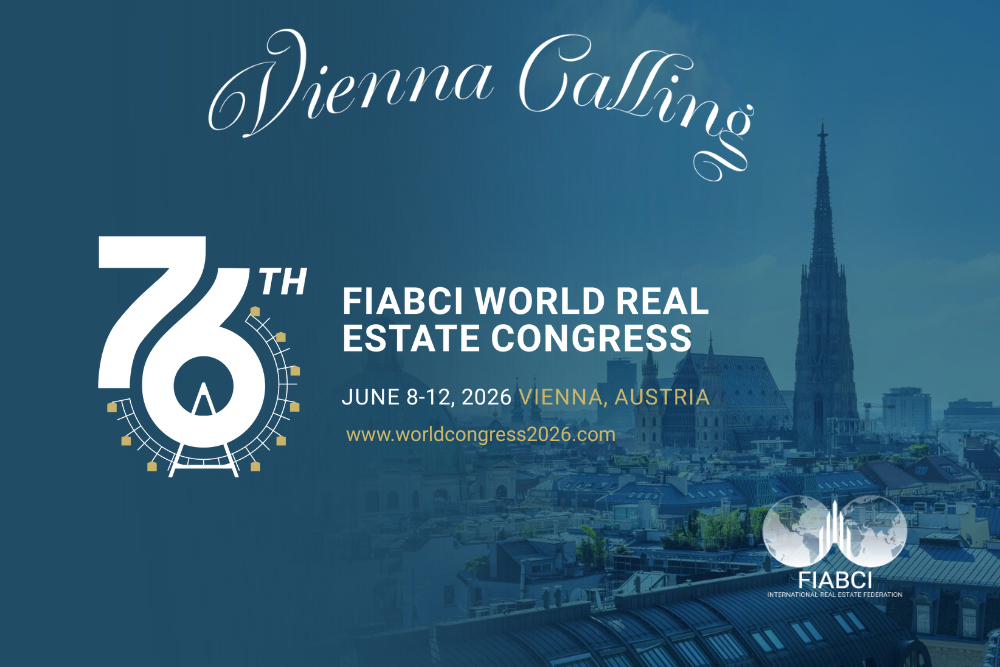
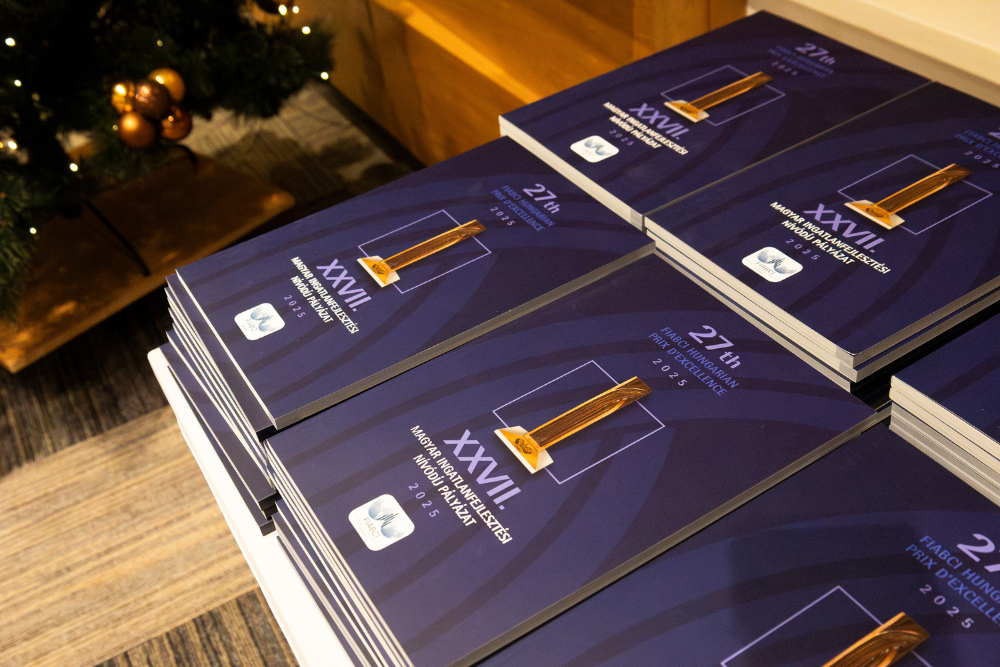
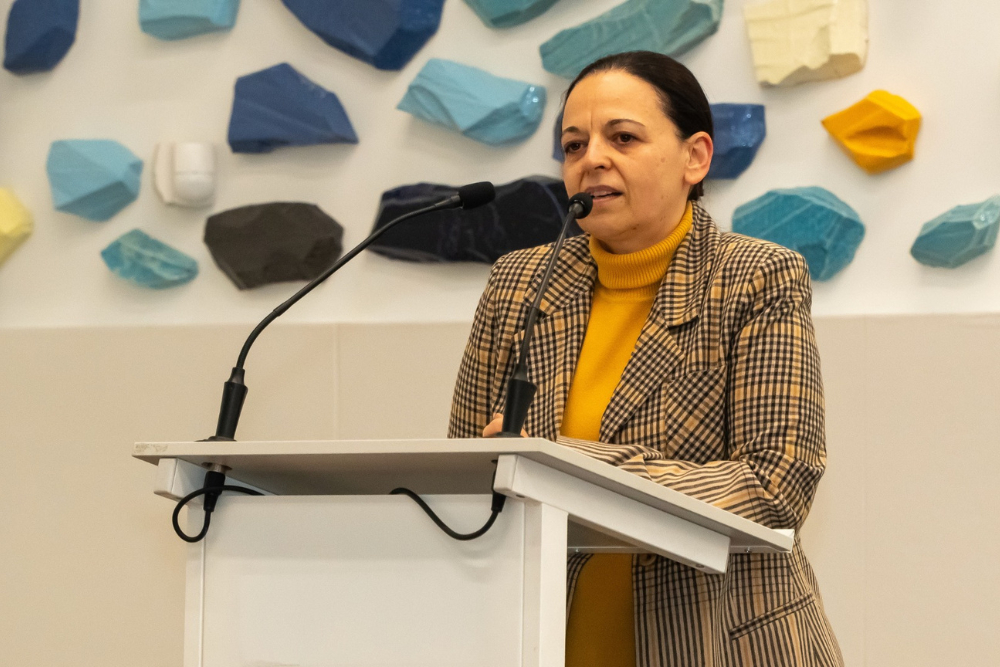
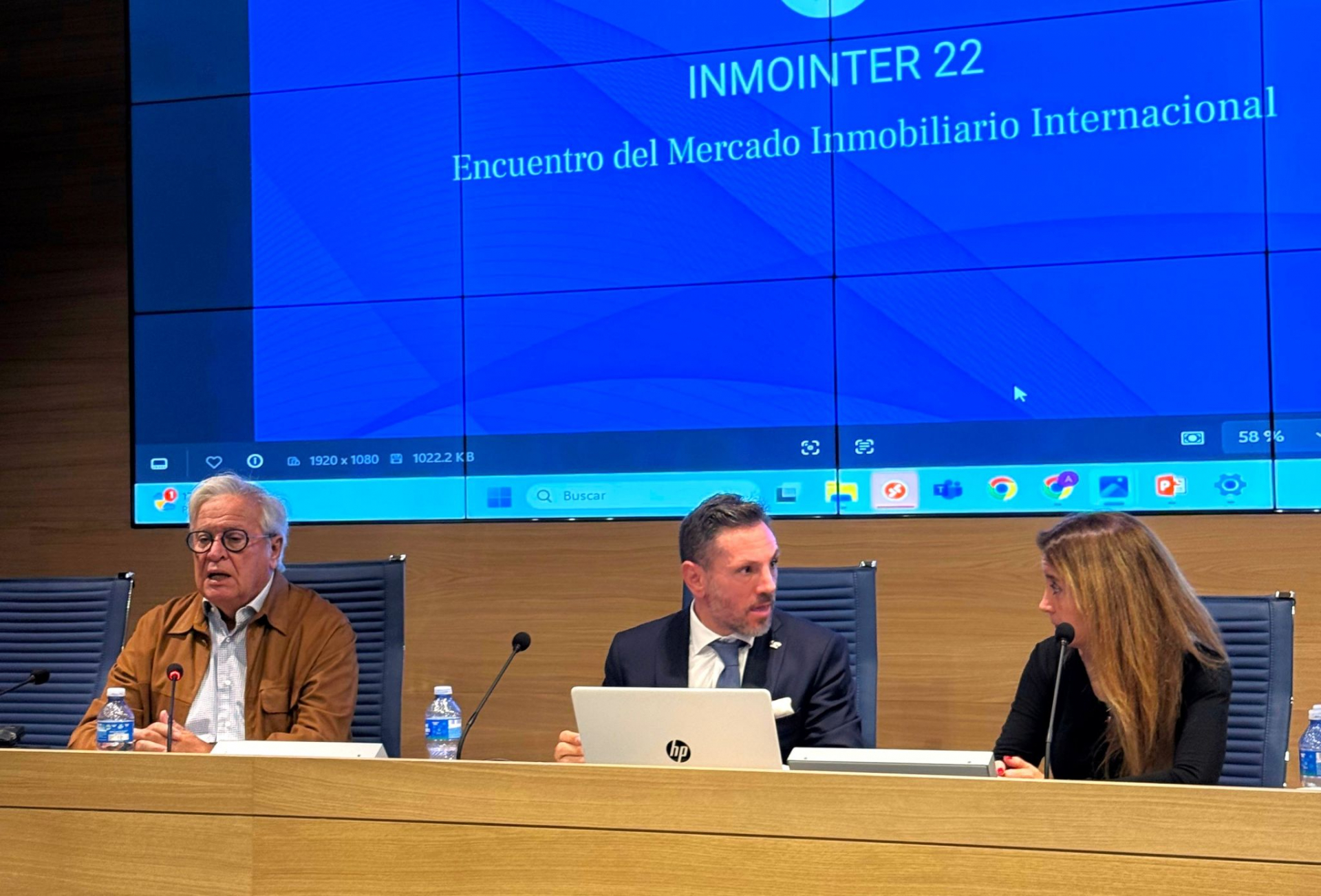
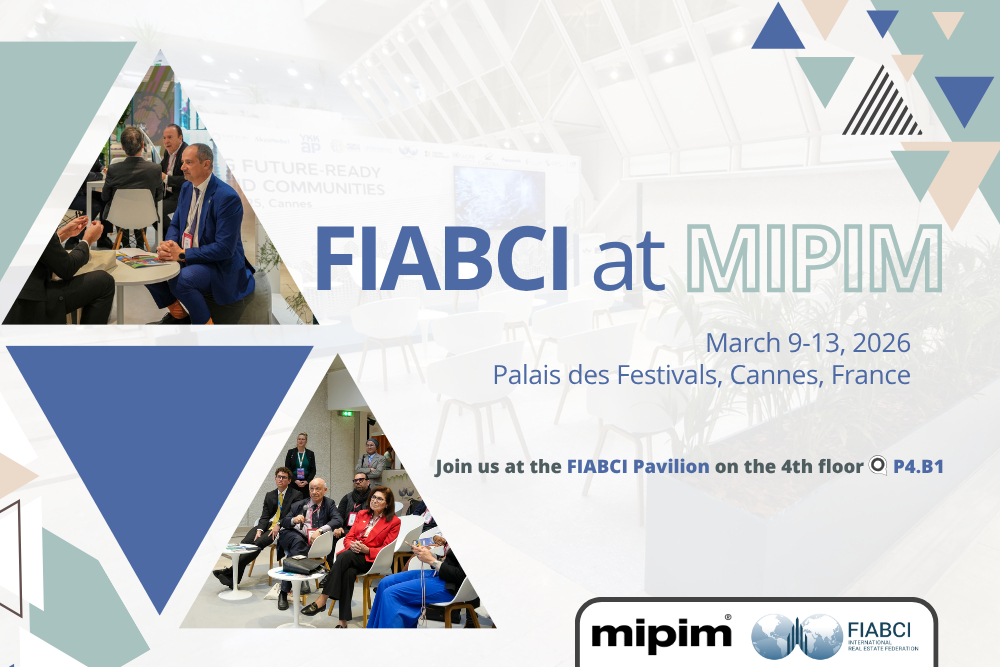
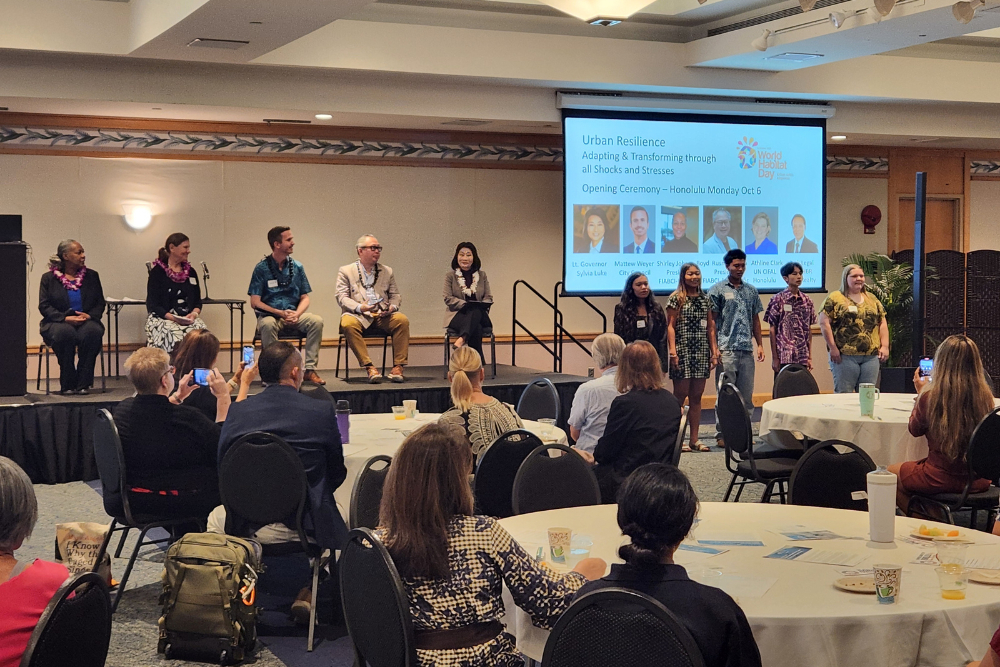
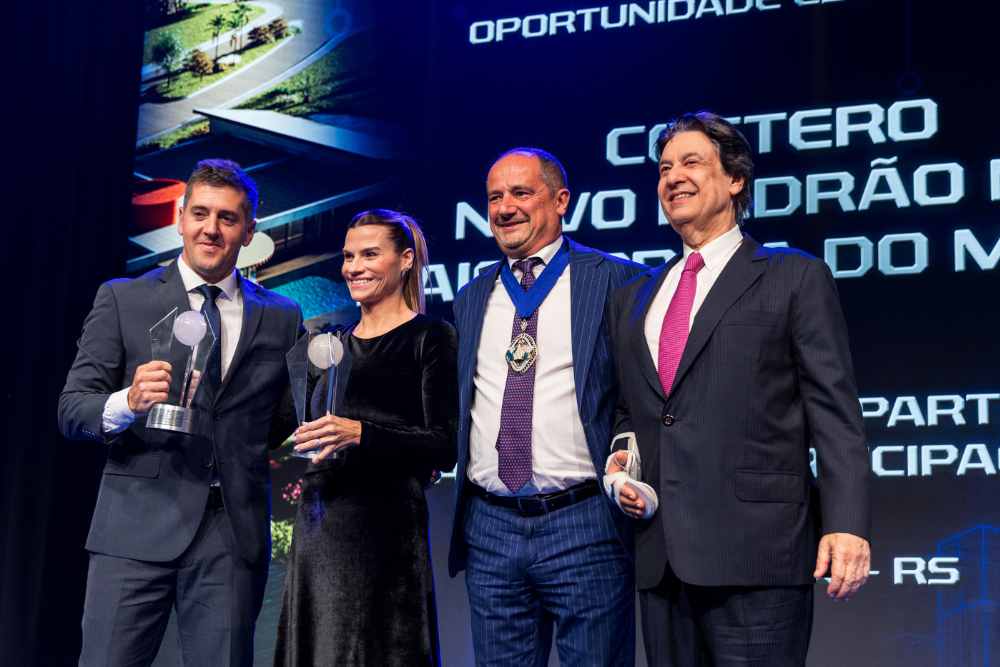

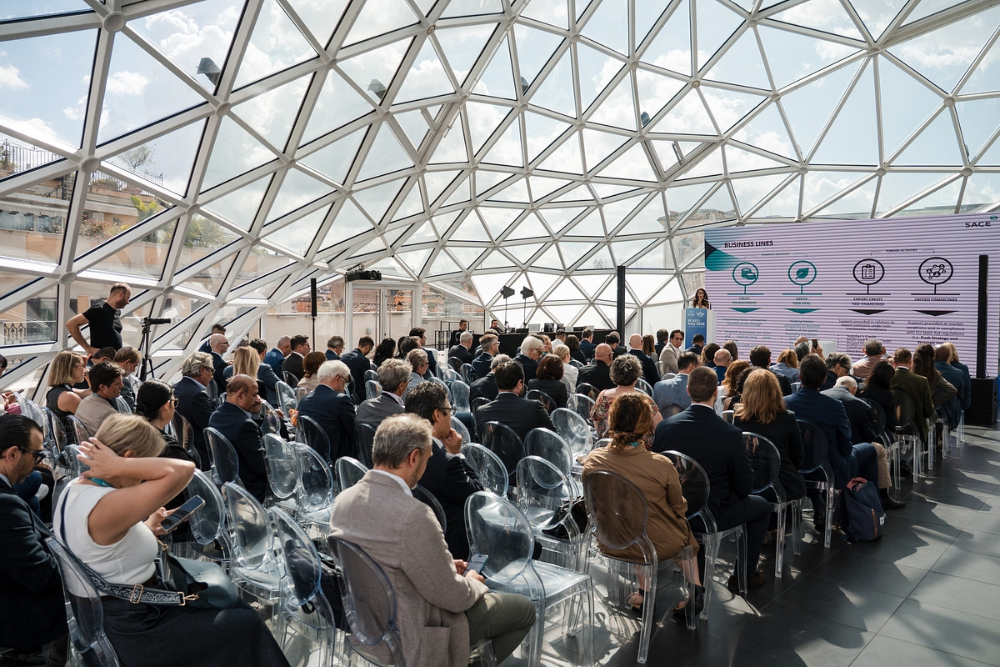
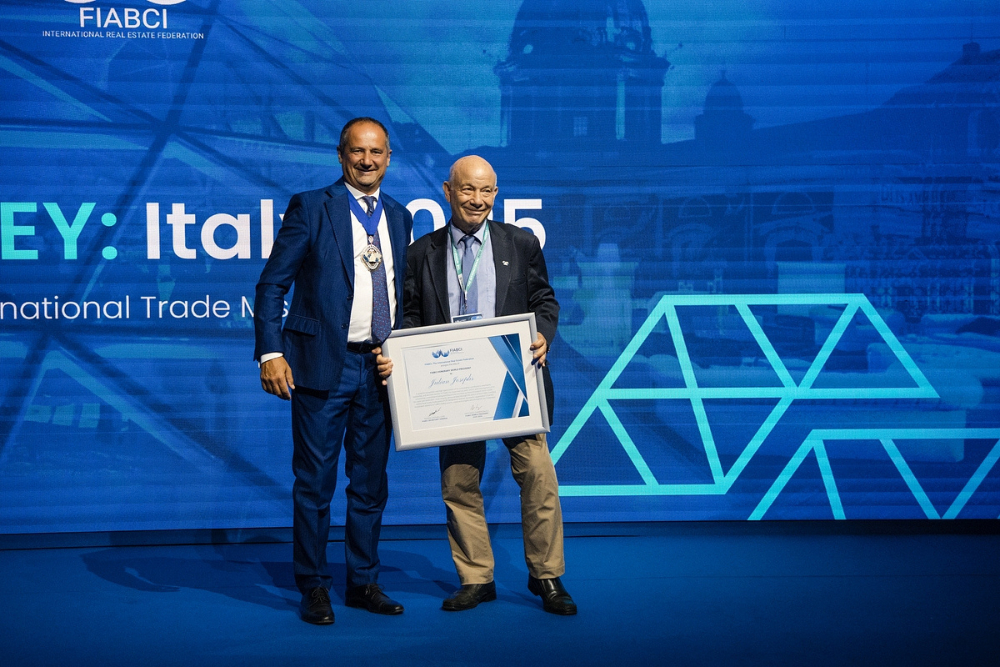
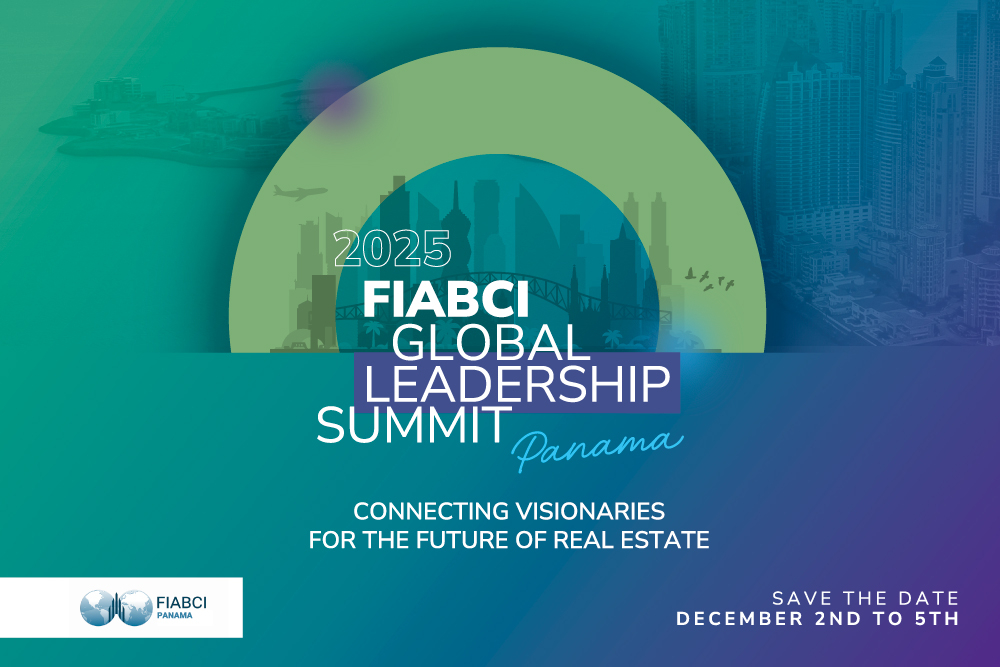


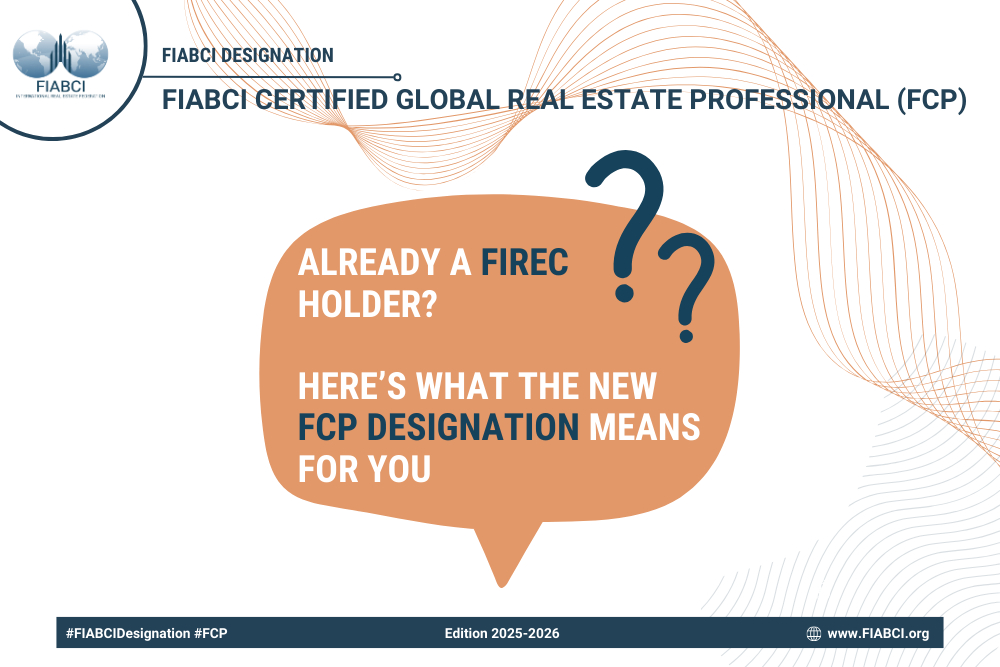
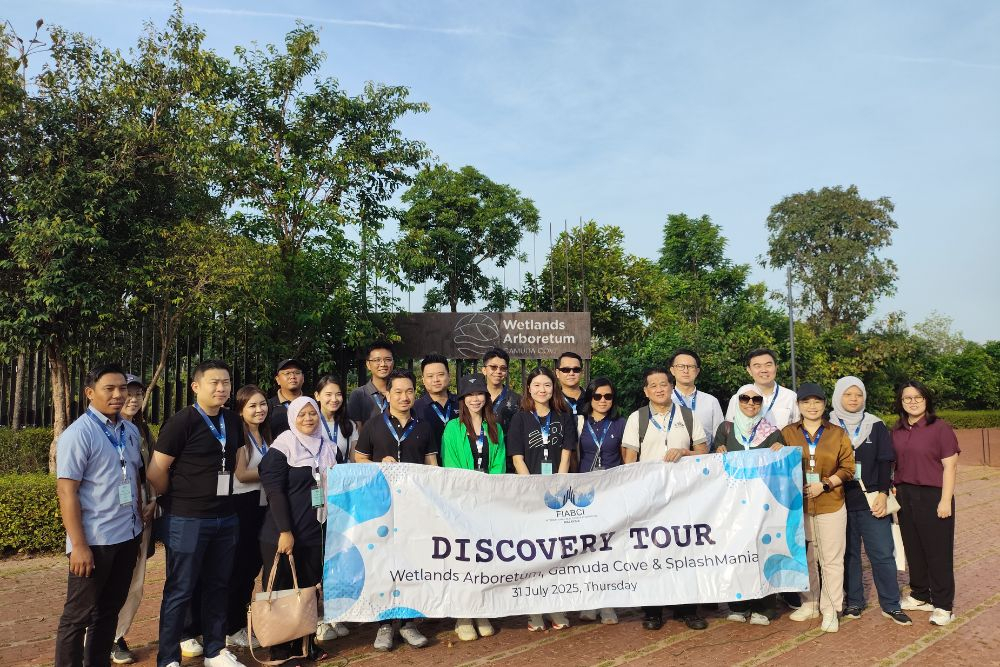
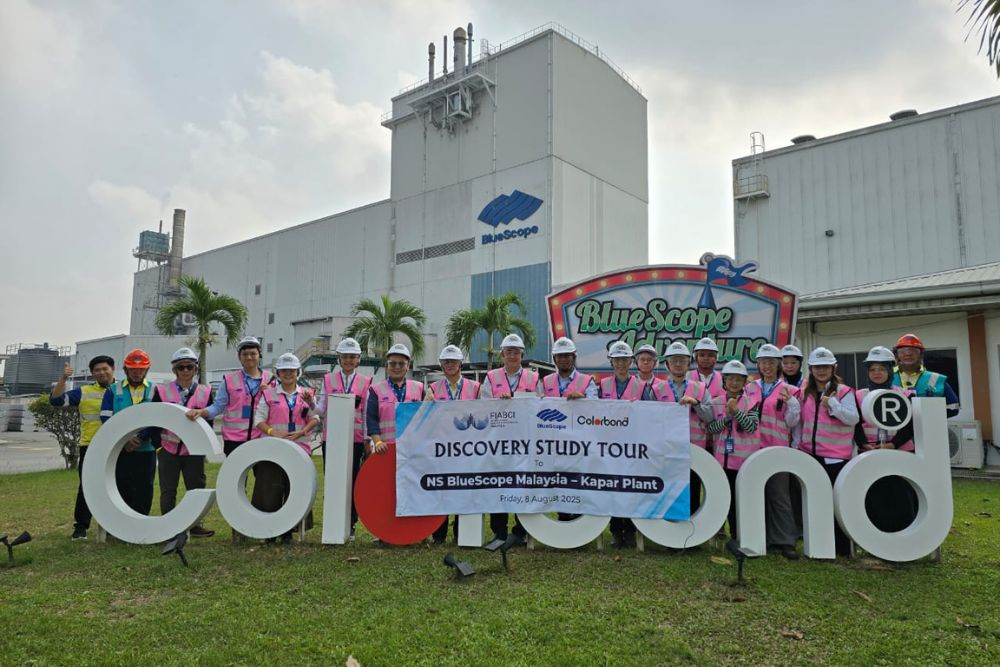





















































































































































































































































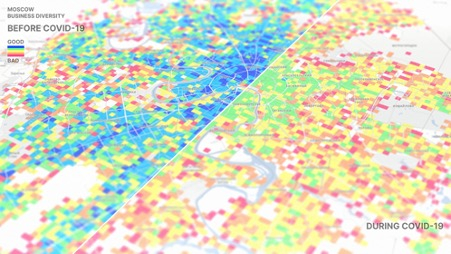












































































![[Webinar Summary] COVID-19: What lies ahead for the Real Estate Industry?](/uploads/news/9i1w05plq2ksbcswuyj5ze2nr.png)































































































